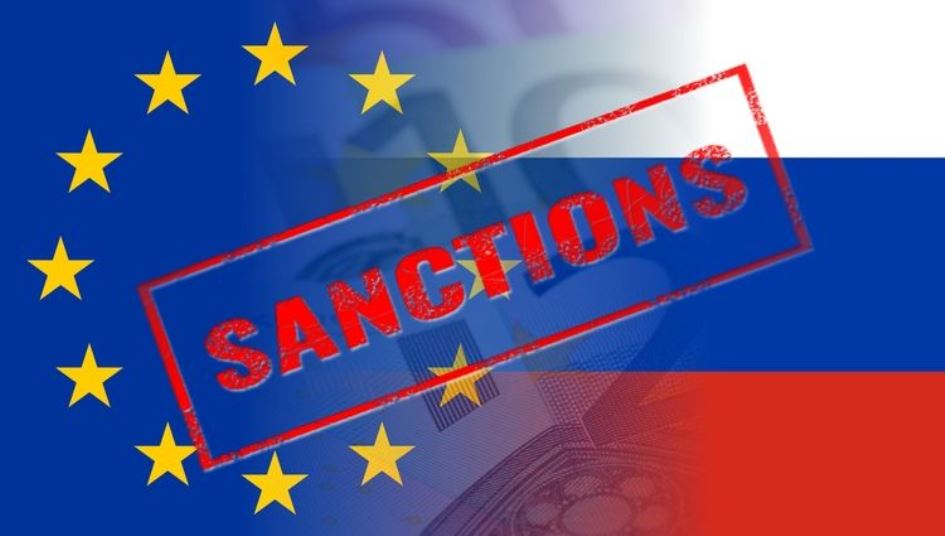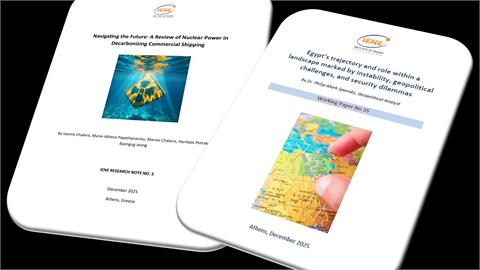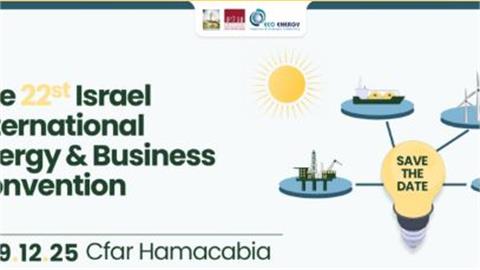In its latest Monthly Analysis of May 2022 IENE raises the issue of whether the EU sanctions against Russia are working. More specifically, the United States, the European Commission and their allies imposed unprecedented economic sanctions on Russia in the wake of its full-scale invasion of Ukraine, starting on February 24, 2022.
In its latest Monthly Analysis of May 2022, which is freely accessible (here), IENE raises the issue of whether the EU sanctions against Russia are working. More specifically, the United States, the European Commission and their allies imposed unprecedented economic sanctions on Russia in the wake of its full-scale invasion of Ukraine, starting on February 24, 2022.
As already reported and analysed by the IENE, sanctions historically have worked better against small, vulnerable states than large or powerful ones. But they have rarely produced timely change. The ΙΕΝΕ analysis points out that the current Western sanctions against Russia could take years to seriously hurt its economy. It is worth noting that Bloomberg Economics expects Russia to earn nearly $321 billion from energy exports this year, an increase of more than a third from 2021. Thus, despite US and European sanctions, Russia’s revenues from its energy exports are expected to increase in 2022, due to rising energy prices.
In view of additional sanctions lately introduced against insuring Russian oil and gas shipments, anxiety is taking hold in Washington as it reflects fears that the measure could make it impossible for many oil tankers to transport Russian crude, given the dominance of the European insurance industry. Currently, the US is trying to dilute sanctions by working on ways to ensure the ban does not drive crude prices even higher. But proposals to allow cover for cargoes priced below an agreed cap or impose tariffs on oil imports do not have broad support in European capitals. This latest development is most didactic and revealing on the usefulness of sanctions, other than political grandstanding, in actually economically punishing the culprit nation and enforcing it to capitulate.
Sanctions may have harmed Russia’s credit-worthiness, but the 70% surge in global gas prices alone has supercharged its balance of payments. Its current account trade surplus, according to its central bank, is now over three times the pre-invasion level. At the same time, sanctions are clearly hurting countries in western and central Europe which are imposing them.
This latest IENE Monthly Analysis also examines what measures Russia has taken to deal with the sanctions shock and tries to answer whether a punitive tariffs on all Russian energy imports is a better choice than a gradually phased-in embargo on selected fuels.




